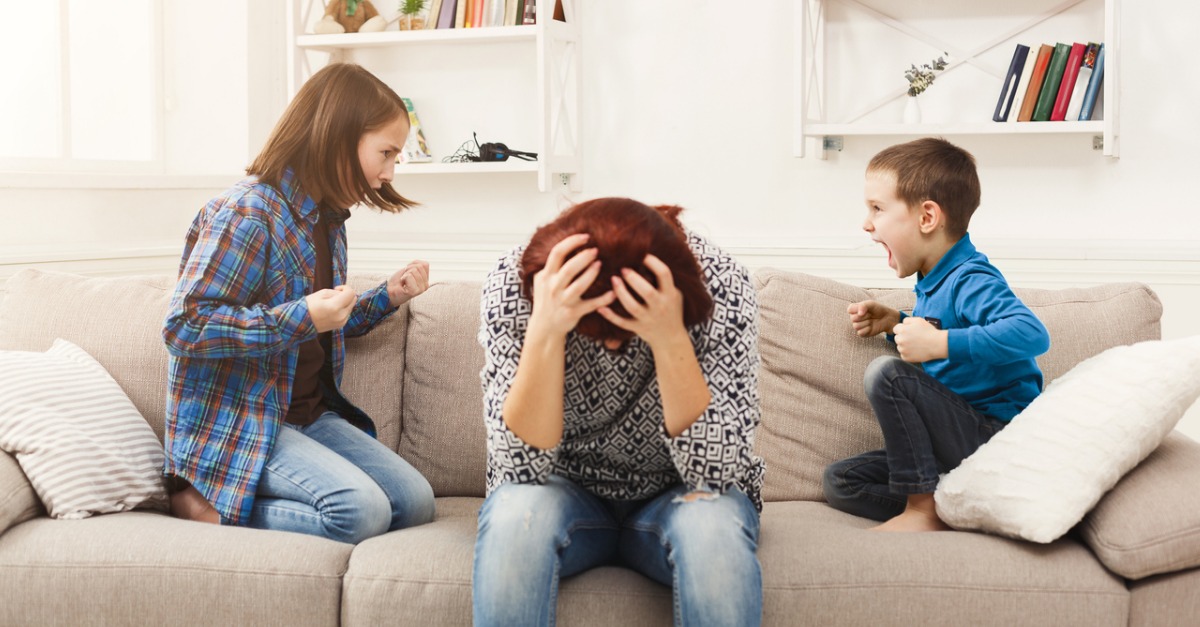
How to Teach Kids to Resolve Conflicts
Conflicts are an inevitable part of life. We have all encountered situations in which someone said or did something that offended us, hurt our feelings, or made us feel misunderstood or unappreciated. Learning how to handle difficult situations at a young age can help children cope with conflicts later in life.
Encourage Your Kids to Talk and Listen
Children have the right to feel and express their emotions, but they need to do so in healthy ways. Help your kids learn to express their feelings through words, not by yelling or behaving aggressively. When they are old enough to talk, teach them words that they can use to express their emotions, both positive and negative.
Teach your kids to listen. Express your own emotions so they will understand that everyone is entitled to express his or her feelings. They will also learn that different individuals can experience and react to the same situation in different ways. This can help kids learn to look at situations from other people’s perspectives and to empathize.
Positive reinforcement is an effective way to teach children healthy behaviors. If you observe your child expressing emotions in a positive way, listening and seeking to understand others, and looking for common ground, offer praise and encouragement.
Help Kids Learn by Playing
Children learn a tremendous amount about the world around them by playing with other kids. Encourage your children to get to know their peers. Invite neighbors and classmates to your home for playdates. If they hit it off, work with other parents to arrange a schedule of visits to each child’s home so they can form friendships.
Encourage the children to use their imaginations to dream up scenarios and figure out how they would handle them. They can also recreate situations they have witnessed at school, at home, on TV or elsewhere. If they think someone didn’t handle a situation well, ask them to act out how they think it could have been handled better. Figuring out ways to respond to difficult circumstances in the context of play can prepare kids to deal with conflict in real life.
Teach Kids to Resolve Problems
If your child has a conflict with a sibling or a peer, encourage them to work together to find a solution that works for everyone. Little kids will need help understanding the concept of compromise. Seeing parents and other adult family members model positive behaviors can teach kids to look for solutions.
Sometimes it’s not possible to resolve a conflict, at least not in the moment. Let your kids know that it’s ok to walk away, take a break to calm down and think, and then work to address a problem later.
Teach Kids Important Lessons Early in Life
As much as we may want to avoid them, conflicts will occur. Teach your kids to express their emotions in healthy ways and to allow others to express theirs. Model positive behaviors in your interactions with other people to teach children valuable lessons.



